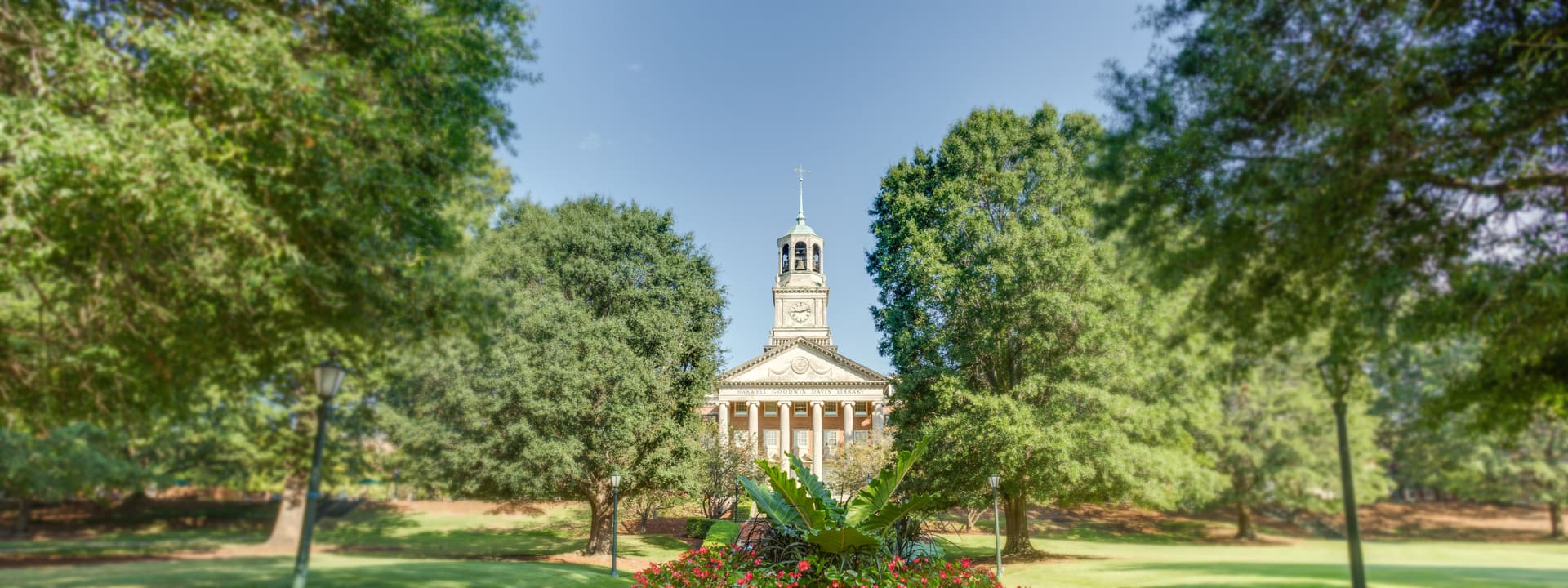Prevention
While there are no absolute ways to protect yourself from being the victim of a sexual assault, there are some cautionary things you can do to protect yourself from being assaulted.
Be Aware of Your Surroundings
It is important to know where you are and who is around you who may be able to assist if you are caught in a bad situation.
Don't Let Yourself Be Isolated
Don’t let yourself be isolated with someone you don’t trust or someone you don’t know.
Trust Your Instincts
If you feel uncomfortable in a situation, leave immediately.
Don't Give In to Coercion You
Don’t allow someone else to talk you into a staying in a situation or participating in an act or activities with which you do not agree.
Be Prepared
Make sure your cell phone is with you and charged and that you have enough money for cab fare.
Don't Go Alone
When you go to social gatherings, go with a group. Arrive together, check with each other throughout the event and make sure you all leave together.
Be Careful Around Alcohol
You are encouraged to refrain from drinking alcoholic beverages, but if you must drink, be mindful of the following:
Never leave your drink unattended
If you do leave your drink, pour it out and get a new one.
Do not accept a drink from anyone you do not know and trust.
If you choose to accept a drink from someone at a bar, watch the drink being poured and carried to you. At parties, do not drink from punch bowls or open containers. Do not accept an open beer or drink from someone you do not absolutely trust.
Watch out for your friends and vice versa.
If your friend seems out of control or intoxicated, get him or her to a safe place immediately. Do not allow the person to be separated from you.
Bystander Intervention
Bystanders play a critical role in the prevention of relationship violence. Bystanders are often the largest group of people involved in acts of relationship violence. Webster dictionary defines bystander as “one who is present, but not taking part in a situation or event; a chance spectator.” In terms of relationship violence, a bystander can be 1) a person who may be aware that an assault is occurring or a person who has knowledge that an assault will happen, 2) a person who observes an assault or one who witness potential assault, or 3) a person who has information that an assault has already happened. The phrase bystander intervention indicates by engaging ever so slightly in a situation, a bystander may be able to prevent a potential assault or assist a victim by getting help.
Watch Out for Your Friends and Other Students
If you see your friend doing or saying something inappropriate, be a true friend and tell him to stop. Let your friend know the behavior you are witnessing is not right. Additionally, if you see someone who appears to be in trouble say something; ask them if they are okay.
Speak Up and Speak Out
If you hear or see someone doing something that is not right, let them know you believe their behavior is wrong. Let them know if they do not stop, you will call or report them to the authorities. Do not laugh at racist, sexist or homophobic jokes. Challenge your friends and acquaintances to be respectful of differences and people.
Be Respectful
You should model the behavior you know is right for your friends and acquaintances. The behavior you model in your relationship can be a great guide for your friends to follow.
Create a Distraction
If you witness a friend harassing another person, intervene by asking your friend a question: Ask your friend to accompany you to a different location. If it is a stranger intervention, from a distance ask the individual for directions or for the time. The goal of distraction is to provide the victim time to move away and to provide the abuser a chance to refocus his/her thoughts.
Silent Stare
Sometimes the most powerful action a person can take is to provide a disapproving stare. The use of the stare provides the perpetrator an understanding they are being watched and that their behavior is seen by another.
Get Help
Victims of violence often are confused and incapable of making rational decisions after an assault. A bystander can assist a victim by reassuring and staying with a victim until professional assistance is provided. Additionally, the bystander should be willing to get the victim help.
Do Something
While being aware of your safety and not putting yourself in harm’s way, bystanders should do something to prevent an act of interpersonal violence.
If you see something that does not appear to be right, while protecting your safety and well being, evaluate the situation and consider stepping in and asking questions. Ask the person if he needs help, if they feel safe, or if they want your assistance. If you feel something is wrong and you do not feel safe about intervening, call the police.
If you observe someone doing behavior of which you do not approve, tell the person you do not approve of what he/she is doing. Ask him or her to leave the potential victim alone.
While the majority of men do not commit sexual assault acts, research indicates men are more likely to commit a sexual assault than women. Men can be instrumental in the prevention of sexual assault and violence by speaking out about such acts and being an ally to those who may be susceptible to acts of violence.
Become knowledgeable about the issues of violence against people and share your knowledge with your friends and others.

